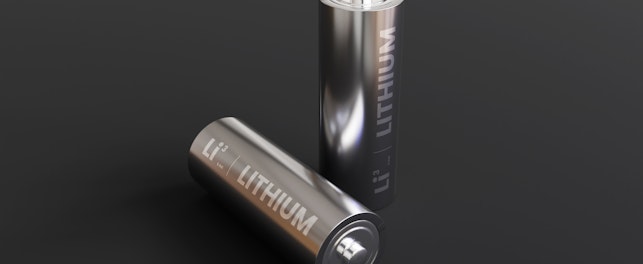SG 107.22
The implementation of BIS compliance for footwear made and sold in India will become mandatory from July 1, 2023. As per the Quality Control Order on footwear products, Derby shoes and sports footwear will be brought under compulsory BIS certification.
The Quality Control Order mandating BIS (Bureau of Indian Standards) compliance for footwear made for, and sold to, Indian markets has been deferred for another year. The Footwear Made from Leather and Other Materials (Quality Control) Order, 2022, will now become effective from July 1, 2023. All footwear manufacturers will need to obtain a BIS certificate, and all footwear products are required to comply with the Indian Standard (IS) and must bear the Standard Mark under a license from the Bureau. As per the Quality Control Order (QCO) on footwear products, IS 17043 for Derby Shoes and IS 15844 for Sports Footwear are two of the shoe styles included in the list. Derby shoes and sports footwear manufactured in, or imported to, India should comply with the Indian Standards (IS) on safety aspects such as mechanical and physical properties, as well as with the chemical requirements that have recently been updated.
The chemical requirements for IS 17043:2018 – Derby shoes, Clause 5.0, state that boot and their constituent materials shall be free from toxic and hazardous chemicals and shall meet the requirements specified in IS 17011:
| Mandatory Restricted Chemical Substances (Refer to IS 17011 Table 1) | Requirement (Refer to IS 17011 Table 1) |
|---|---|
| • Allergenic and carcinogenic disperse dyes | < 1 mg/l |
| • Aromatic amines released from Azo dyes | < 20 mg/kg |
| • Chromium (VI) | < 3 mg/kg |
| • Dimethyl fumarate (DMFu) | < 0.1 mg/kg |
| • Formaldehyde | Adults: < 100 mg/kg (not in direct contact with skin) < 75 mg/kg (direct contact with skin) Children: < 20 mg/kg |
| • Organotin compounds | DBT/DOT/MBT/MOT/Dibutyltin dichloride: < 5 mg/kg (each) TBT/TPhT/Bis(tributyltin)oxide: < 1 mg/kg (each) |
| • Chlorinated phenols | PCP/TeCP/TriCP: < 0.5 mg/kg (each) |
| • pH value | Not less than 3.5. If less than 3.5, the difference of pH to dilution by a factor of 10 (differential number), shall not be more than 0.6. |
| • Phthalates | DINP/DNOP/DEHP/DIDP/BBP/DBP/DIBP: < 500 mg/kg (each) |
| • Nickel Release | < 0.5 μg/cm²/week (on skin contact) |
Chemical requirements for IS 15844:2010 – Sports Footwear: refer to Table 6 for vamp and quarter lining:
| Mandatory Restricted Chemical Substances | Requirement |
|---|---|
| • pH value (for leather lining) | Minimum of 3.2 |
| • Chromium (VI) (for leather lining) | Maximum of 3.0 mg/kg (should not be more than 3.0 mg/kg even after thermal pre-ageing) |
Once the QCO with mandatory certification comes into force, notified footwear cannot be produced, imported, traded, or stocked unless it bears the Bureau of Indian Standard Mark. This mark assures that the product conforms to Indian Standards and is issued by the BIS, as per Scheme-I of Schedule II of the Bureau of India Standards (Conformity Assessment) Regulation, 2018.
SGS Global Softlines has an extensive network of over 40 laboratories worldwide, with a strong team of committed professionals from multi-disciplinary backgrounds. Our internationally accredited state-of-the-art testing laboratories offer a comprehensive range of physical, chemical and functional testing services for components, materials and finished products. We help your company ensure quality, performance and compliance with international, industrial and regulatory standards worldwide. Discover more at www.sgs.com/softlines.
For inquiries, please contact:
Louann Spirito
Consumer and Retail – Softlines
US & Canada Softlines Business Head
t: +1 973 461 7919
© SGS Société Générale de surveillance SA- 2022 - All rights reserved - SGS is a registered trademark of SGS Société Générale de surveillance SA. This is a publication of SGS, except for 3rd parties’ contents submitted or licensed for use by SGS. SGS neither endorses nor disapproves said 3rd parties’ contents. This publication is intended to provide technical information and shall not be considered an exhaustive treatment of any subject treated. It is strictly educational and does not replace any legal requirements or applicable regulations. It is not intended to constitute consulting or professional advice. The information contained herein is provided “as is” and SGS does not warrant that it will be error-free or will meet any particular criteria of performance or quality. Do not quote or refer any information herein without SGS’s prior written consent.



